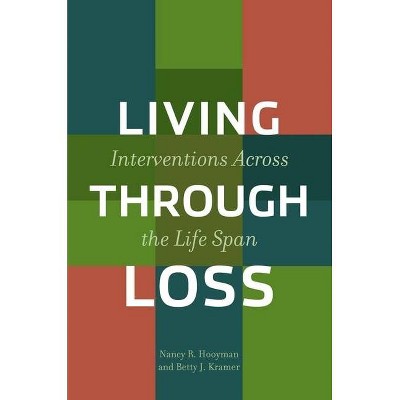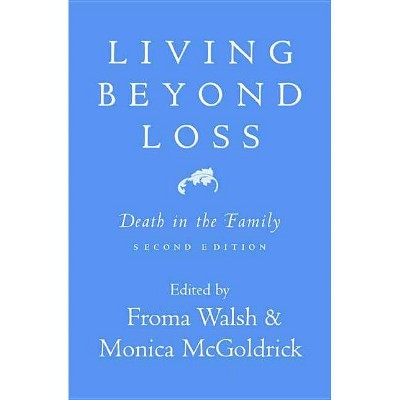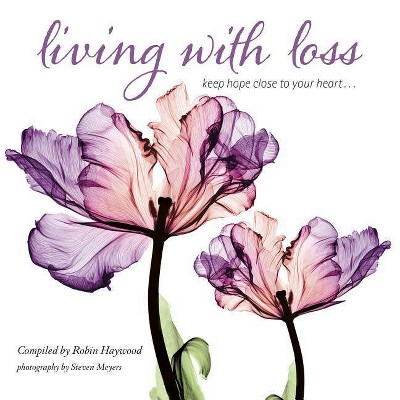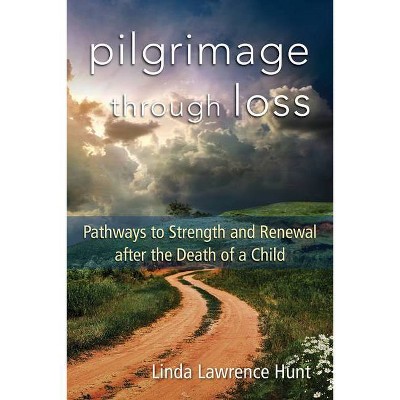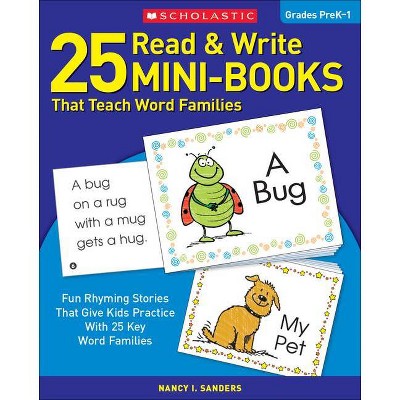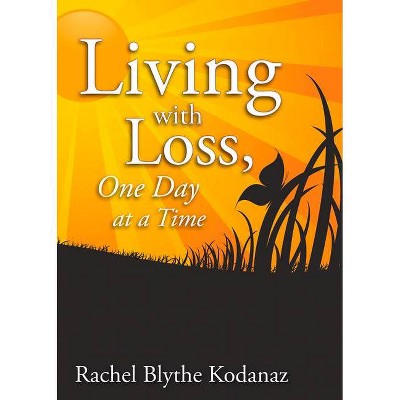Living Through Loss - 2nd Edition by Nancy Hooyman & Betty Kramer & Sara Sanders (Paperback)
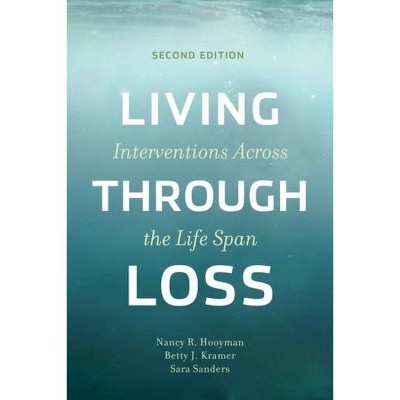
Similar Products
Products of same category from the store
AllProduct info
<p/><br></br><p><b> About the Book </b></p></br></br><i>Living Through Loss </i>provides a foundational identification of the many ways in which people experience loss over the life course, from childhood to old age. This second edition features new and expanded content on diversity and trauma, including discussions of gun violence, police brutality, suicide, and an added focus on systemic racism.<p/><br></br><p><b> Book Synopsis </b></p></br></br><i>Living Through Loss</i> provides a foundational identification of the many ways in which people experience loss over the life course, from childhood to old age. It examines the interventions most effective at each phase of life, combining theory, sound clinical practice, and empirical research with insights emerging from powerful accounts of personal experience. <p/>The authors emphasize that loss and grief are universal yet highly individualized. Loss comes in many forms and can include not only a loved one's death but also divorce, adoption, living with chronic illness, caregiving, retirement and relocation, or being abused, assaulted, or otherwise traumatized. They approach the topic from the perspective of the resilience model, which acknowledges people's capacity to find meaning in their losses and integrate grief into their lives. The book explores the varying roles of age, race, culture, sexual orientation, gender, and spirituality in responses to loss. Presenting a variety of models, approaches, and resources, <i>Living Through Loss</i> offers invaluable lessons that can be applied in any practice setting by a wide range of human service and health care professionals. <p/>This second edition features new and expanded content on diversity and trauma, including discussions of gun violence, police brutality, suicide, and an added focus on systemic racism.<p/><br></br><p><b> Review Quotes </b></p></br></br><br><i>Living Through Loss </i>is an important, timely, and compelling book that presents an evolved perspective of the universal experiences of loss and grief. This book is authentic, grounded, and written from the authors' deep awareness and knowledge--leading the reader to a richer understanding of loss across the life course.--Deborah Waldrop, University at Buffalo<br><br>At a time when people are reeling from the many losses dealt by the pandemic, the second edition of this book could not be timelier. The life span approach taken and interventions provided for each life stage impart a wealth of critical information and guidance to current and future clinicians.--Tracy A. Schroepfer, University of Wisconsin-Madison<br><br>Invaluable. . . . It was written for social workers, but its insights, information, and practical application will be helpful for a range of professional workers who come into contact with people who are grieving a significant loss.--Journal of Social Work<br><br>This book is both a mine of information and provides an enormous amount of food for thought and reflection. Highly recommended.--Roger Woodruff, director of palliative care, Austin Health, Melbourne, Australia "International Association for Hospice and Palliative Care News "<br><br>This second edition of a splendid book explores the pervasiveness of loss in multiple forms (death and non-death). The authors examine loss in terms of a range of theoretical understandings and provide approaches to intervention that consider social, cultural, and environmental contexts and influences. This is a rich addition to the consideration of loss.--Allan Cole, author of <i>Good Mourning: Getting Through Your Grief</i><br><br>Uniquely, the authors interweave professional and scholarly knowledge with personal experience. As a clinician and teacher, I found myself tallying up my own losses and acknowledging reverberations of old sorrows. The overall effect is a sense of being grounded in the midst of great complexity--a gift both to the scholar and the clinician.--Wendy Lustbader, author of <i>Counting on Kindness: The Dilemmas of Dependency</i><br><p/><br></br><p><b> About the Author </b></p></br></br>Nancy R. Hooyman is the Hooyman Professor Emerita in Gerontology and dean emerita at the University of Washington School of Social Work. Her books include <i>Social Gerontology: A Multidisciplinary Perspective</i>, tenth edition (2017), and <i>Aging Matters: An Introduction to Social Gerontology</i> (2014). <p/>Betty J. Kramer is professor emerita at the Sandra Rosenbaum School of Social Work, University of Wisconsin-Madison. She is coeditor of <i>Men as Caregivers: Theory, Research, and Service Implications</i> (2001). <p/>Sara Sanders is a professor in the School of Social Work at the University of Iowa, where she also serves as the associate dean for strategic initiatives and director of diversity, equity, and inclusion for the College of Liberal Arts and Sciences.
Price History
Cheapest price in the interval: 38.49 on October 27, 2021
Most expensive price in the interval: 38.49 on December 20, 2021
Price Archive shows prices from various stores, lets you see history and find the cheapest. There is no actual sale on the website. For all support, inquiry and suggestion messagescommunication@pricearchive.us
